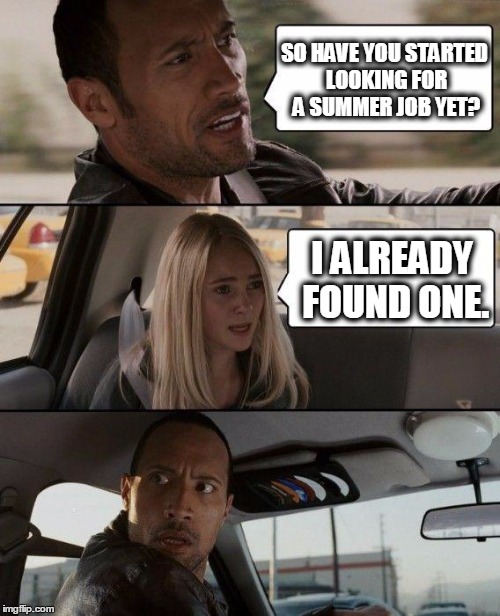Prepping before the event to do well during the event is necessary to succeed! In order to prepare yourself, keep these 6 factors in mind:
1. Do your research!Find out which employers will be at the event and check out their website! This will help you tailor your documents as well as give you an opportunity to come up with questions you may have about the company that you can ask at the event!
2. Review the opportunities!Many employers post the positions they are looking to fill prior to the career event itself. Check these out! See which positions speak to your knowledge and skills! Again, this will help you tailor your documents and allow you to go into the event with focus!
3. Define your KSA's!Knowing your Knowledge, Skills & Abilities allows you sell yourself to employers! Figuring out what you have to offer employers prior to the event will help you sell yourself to employers during the event! It will also help you develop your elevator pitch!
4. Develop an elevator pitch!It's important to be able to describe yourself, your skills and where your headed career-wise briefly and concisely! Jot down what you want to tell employers about yourself and how you want to be remembered by them and practice this pitch! This will allow you to introduce yourself to employers in an efficient manner, while still highlighting who you are and what your goals are!
5. Bring your documents! And ask for documents!Go to the event equipped with resumes & business cards! And make sure to grab any information sheets or business cards from the employers/recruiters! They are handing this information out for a reason, typically to inform you of the company and how to get in touch with them! You may want to bring a briefcase or professional looking bag to store your documents in too!
 6. Dress the part!
6. Dress the part!Dress professionally! If you are unsure how to go about this, it wouldn't hurt to use your friend Google to look up the company and see what employees typically wear to their career events or on the job! See the photo to the right for help with this!
Thanks for reading! Come visit us at the Career Resource Centre for any questions/concerns you may have regarding career events! We are always happy to help!
Have an excellent day!
Have an excellent day!
Scarlet Stark
Sr. Career Assistant
Psychology Major
Sr. Career Assistant
Psychology Major




